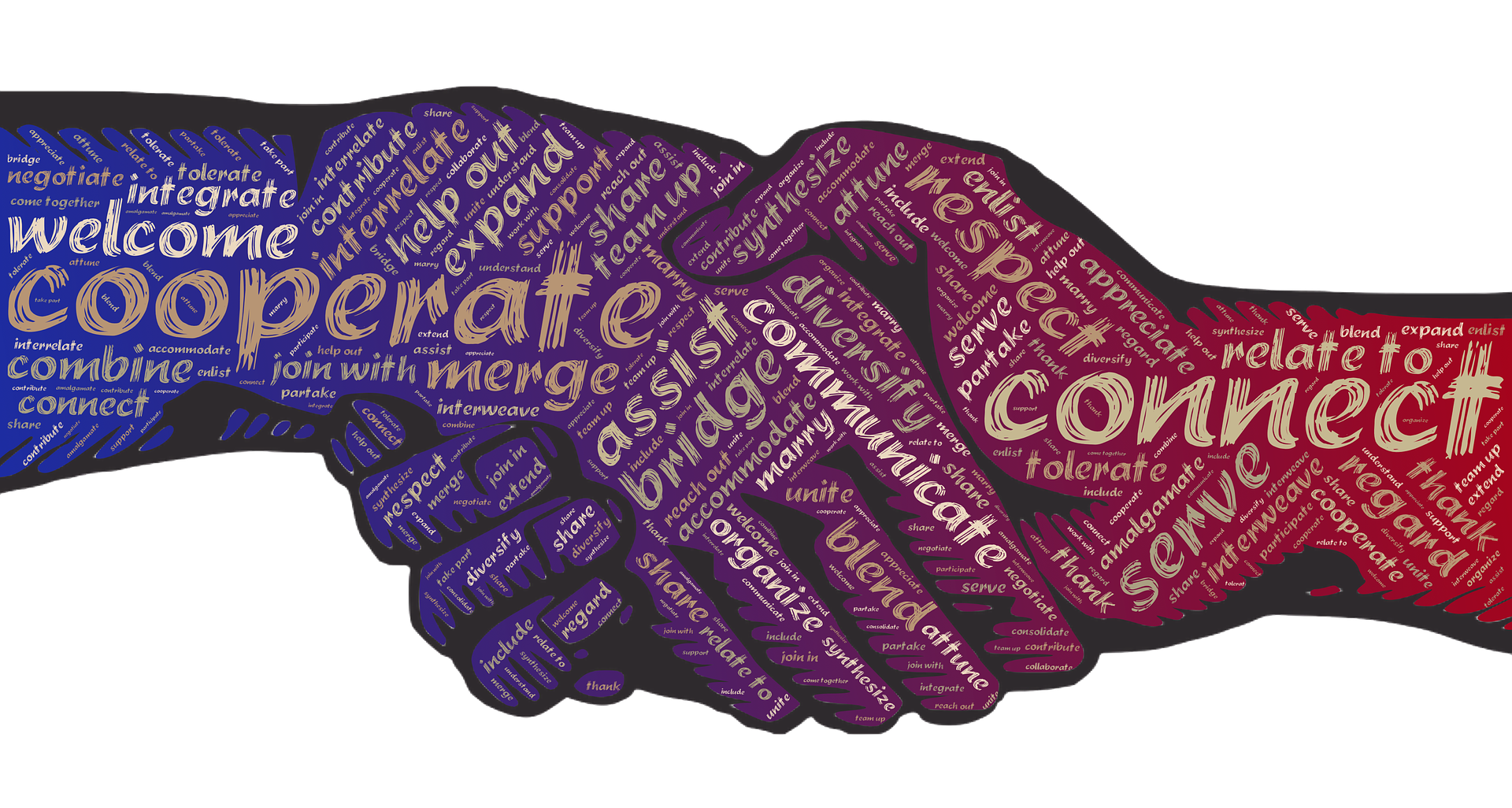As a tribute to the late Aretha Franklin, today we’re going to talk about R.E.S.P.E.C.T. In 1967, Aretha taught us a little about relationships and reminded us that a little respect can go a long way.
Couple’s therapy experts, John and Julie Gottman, assert that there are several basic tenants that are involved in making a relationship work. One of these tenants is “letting your partner influence you.” Within a relationship, this means honouring and respecting one another. Today we are going to focus on discussing respect.
Respect is often considered to be one of the most essential tenants in building strong, healthy relationships. But what really is respect?
By definition, respect is “a positive feeling or action shown towards someone or something considered important, or held in high esteem or regard; it conveys a sense of admiration for good or valuable qualities; and it is also the process of honoring someone by exhibiting care, concern, or consideration for their needs or feelings.”
This is a fancy definition but let’s unpack it to make it meaningful in the context of a relationship. In the simplest sense, respect is admiration towards someone who is important to you. As long as they are important, they are worthy of being honored and cared for, and for their feelings and needs to be considered. I believe respect is one of the most essential components of a healthy relationship because as long as the principles of respect are kept in mind, conflicts can be resolved in a healthy manner. You are less likely to say hurtful things to your partner if they are “held in high esteem or regard.” You are less likely to assume fault in them if you “honor and care for them.” And it is easier to understand them when you “consider their needs and feelings.” As long as you respect your partner, you are less likely to assume the worst in them or their actions, which will prevent you from reacting defensively.
For example, if you feel wronged by your partner but respect them, you may be able to see beyond their wrongful action rather than simply as the person that hurt you. You may see them as someone who’s actions were hurtful rather than a hurtful person overall. You may then be less likely to respond with “You’re a jerk! You never clean” instead of “I felt sad when you didn’t offer to clean.”
Unfortunately, strong difficult emotions such as anger, sadness or anxiety can sometimes damage the sense of respect that you have towards your partner. It is almost as if, in the heat of the moment, one forgets the value and worth of their partner and the importance they hold in their life and in the relationship. This can be dangerous because feeling disrespected can elicit feelings of worthlessness, defensiveness and shame in your partner, which can hurt not only the relationship, but your partner’s sense of security and trust with you.
So then how does one respect their partner?
- Empathy: put yourself in your partner’s shoes and try to understand where they are coming from and what they are feeling, even if it is different from what you are feeling. Ask yourself, “What could she be thinking?”
- Unconditional positive regard: no matter how badly they mess up, every single human being deserves kindness; especially the person you love. Show love and care even during times of frustration.
- Fight Fair: Be mindful of how you fight. Conflict is a normal part of any relationship. It is not so much about avoiding conflict but about approaching conflict from a place of compassion and respect. You can still communicate your needs without disrespecting your partner. Try this sentence structure “I feel….. when…. I need…” For example, “I feel disappointed when I come home to a dirty house. I need you to help me clean.”
- Give your partner the benefit of the doubt: When you’re angry, it is natural to jump to conclusions and assume the worst. One way to give your partner the benefit of the doubt is to consider their intention. Ask yourself, “Did he intend to be hurtful?”
- Listen and Validate: Truly listen to your partner and how they feel, and then validate their feelings. Show them you hear and understand what they have to say before jumping in and offering your thoughts/opinions.
And remember: You have to give respect in order to get it. Partners who respect each other are more likely to value and support each other.


